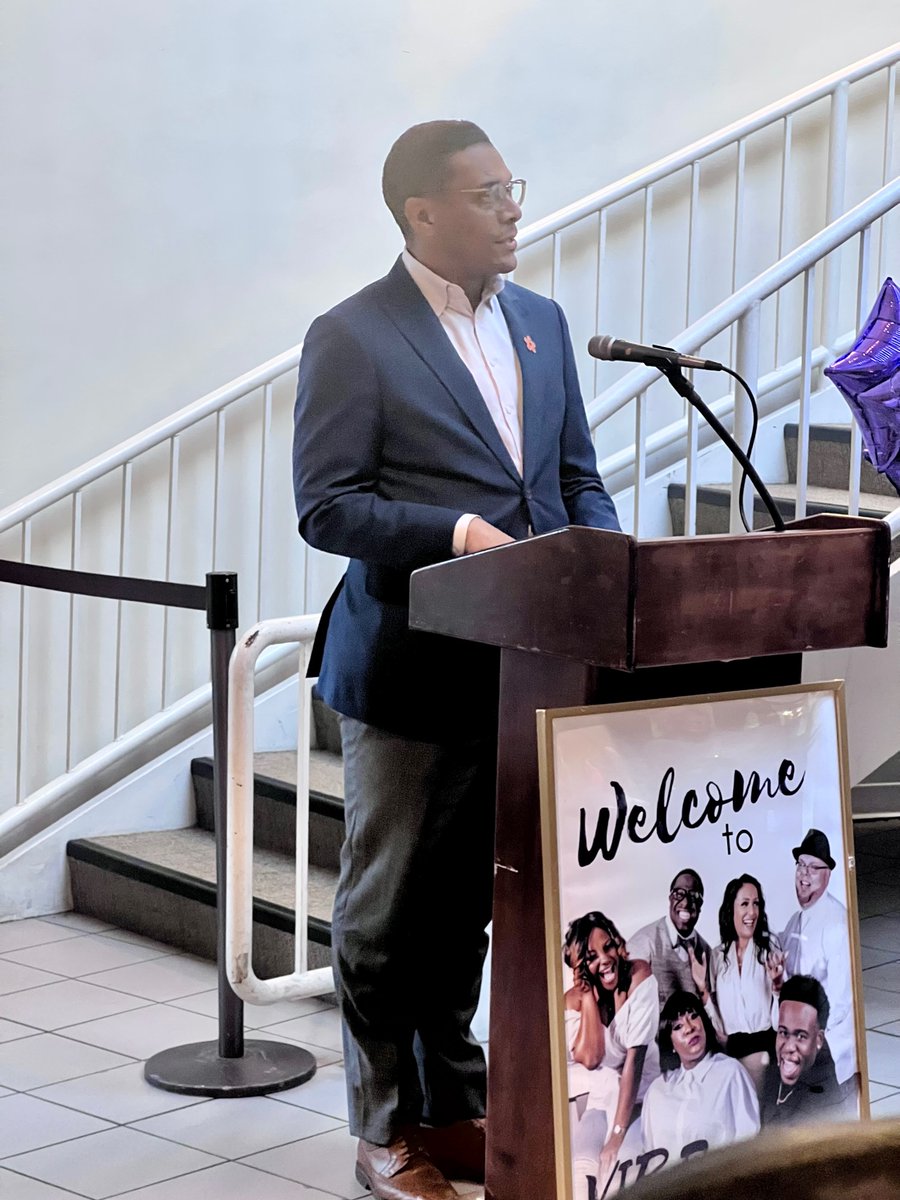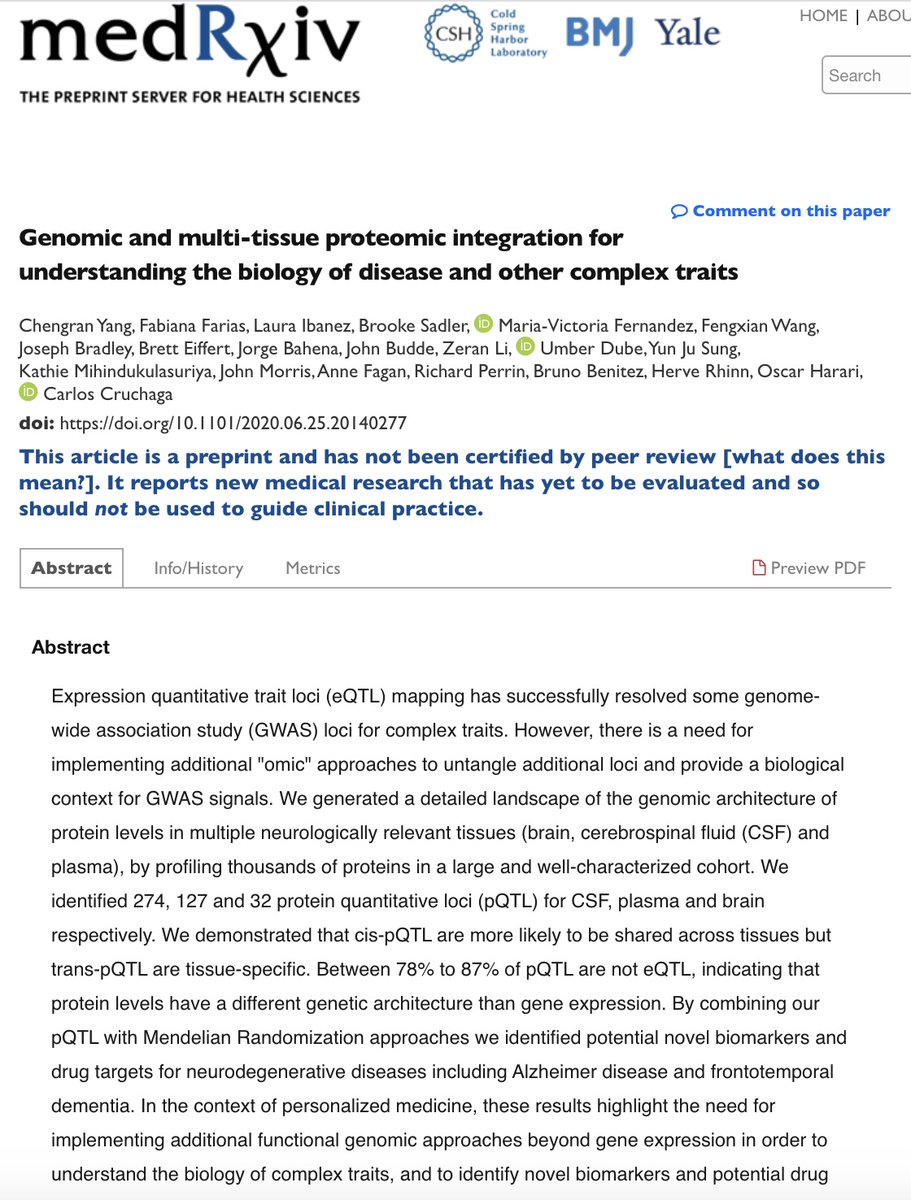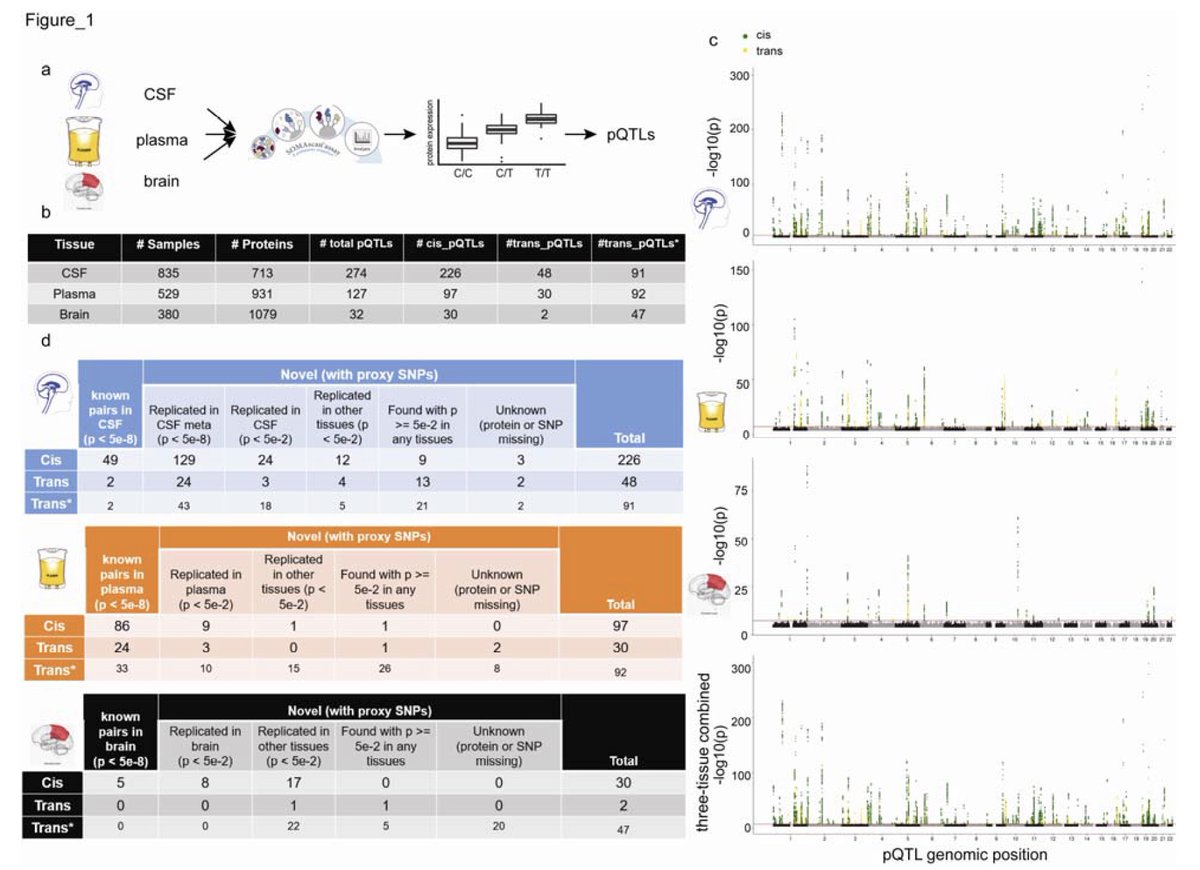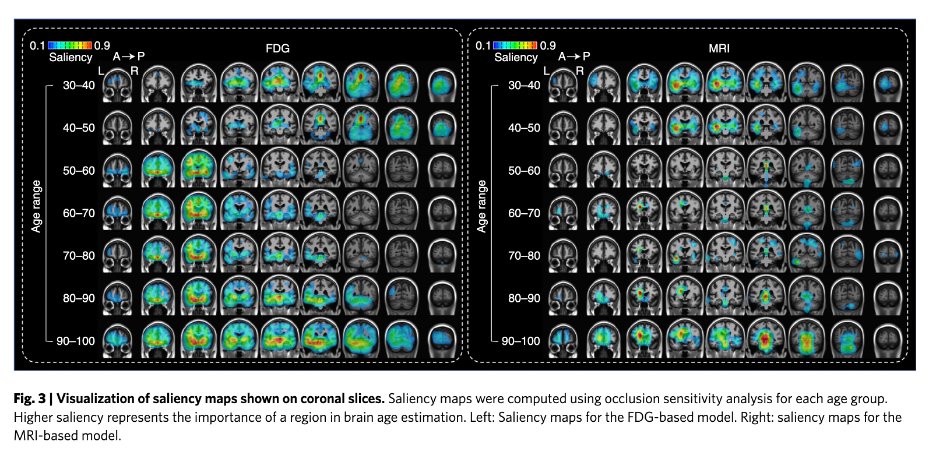Discover and read the best of Twitter Threads about #EndALZ
Most recents (16)
Before our #UnforgettablePlay pilot tour wraps with 2 final performances in Chicago tomorrow, we’re taking a moment to reflect on its impact. As audiences across the country watched the Davenport family face their matriarch’s Alzheimer’s on stage, new community dialogue started. 

“We are tapping into new ways to connect with community. This disease does not discriminate. Treatment, diagnosis and care needs to be available to everyone.” Sarah Lorance, chair of our national board of directors, helps kick off tonight’s #UnforgettablePlay reception. #ENDALZ
“We are in the treatment era, and we're excited. But we have to bond together to ensure that treatment is safe & accessible to all.” Our Chief Diversity, Equity and Inclusion Officer @hillcv17 talks about the importance of healthy equity at tonight’s #UnforgettablePlay reception. 

While the GRADUATE results are not what we hoped, we are proud to have delivered a high quality and comprehensive Alzheimer’s dataset to the field, and we look forward to sharing our learnings with the community as we continue to search for new treatments-Levi Garraway CMO @Roche
1,965 Alzheimer's disease study participants across 30 countries were randomised 1:1 to receive gantenerumab or placebo by subcutaneous injection every 2 weeks.
Phase 3 GRADUATE I & II studies did not meet their primary endpoint of slowing clinical decline
Phase 3 GRADUATE I & II studies did not meet their primary endpoint of slowing clinical decline
The primary endpoint for the Phase III gantenerumab study was the change from baseline on the Clinical Dementia Rating-Sum of Boxes-CDR-SB at 116 weeks. The CDR-SB measures cognitive and functional change across six areas. There were 17 secondary endpoints
roche.com/media/releases…
roche.com/media/releases…
With passage of the National Alzheimer’s Project Act (NAPA) in January 2011 and the subsequent “National Plan to Address Alzheimer’s Disease”, the war on Alzheimer’s has only just begun. But one key aspect is glaringly absent: specific funding commitments
science.org/doi/10.1126/sc…
science.org/doi/10.1126/sc…
More than 5 million Americans now suffer from Alzheimer, and that number is expected to more than double by 2050. Between 1998-2011, there were 101 unsuccessful AD drugs in development and only three approvals (none since 2003)
@AndrewWLo Kenneth @KosikLab
science.org/doi/10.1126/sc…
@AndrewWLo Kenneth @KosikLab
science.org/doi/10.1126/sc…
"If a single drug-development program takes 13 years
from beginning to end and has a 5% probability of success, the expected waiting time for the next approved Alzheimer's disease drug is 260 years"
-@AndrewWLo, Carole Ho, Jayna Cummings, @kennethskosik
from beginning to end and has a 5% probability of success, the expected waiting time for the next approved Alzheimer's disease drug is 260 years"
-@AndrewWLo, Carole Ho, Jayna Cummings, @kennethskosik
Our perspective article on cognitive outcome measures for #AlzheimersDisease clinical trials is out! doi.org/10.1002/alz.12… We aimed to provide a framework to advance the design and implementation of (more) suitable measures to assess clinical efficacy in early AD trials.(1/4)👇
Based on lessons learned from previous AD trials, and leveraging the COnsensus-based Standards for the selection of health Measurement INstruments (COSMIN) methodology, we provide recommendations to evaluate performance-based cognitive tests for AD clinical trials (Table 2).(2/4)
This framework can be applied when selecting cognitive items/tests for a clinical outcome assessment to evaluate putative treatments, after taking into account factors such as the hypothesized mode of action and target population (e.g. clinical stage) (Table 2/Figure 1).(3/4)
And another from my former institution, this as a first author!
We found that higher levels of GFAP, an #astroglial marker, were related to higher glucose metabolism 🧠in early stages of #Alzheimer's, especially when GFAP was measured in blood🩸
link.springer.com/article/10.100…
We found that higher levels of GFAP, an #astroglial marker, were related to higher glucose metabolism 🧠in early stages of #Alzheimer's, especially when GFAP was measured in blood🩸
link.springer.com/article/10.100…

This suggests that a higher astrocytic reactivity in early stages of Alzheimer's, probably in response to #amyloid accumulation, is related to higher glucose consumption. This may (in part) explain why we see higher levels of glucose metabolism in these early stages.
We are going cell by cell to uncover the cause for #Alzheimers disease.🌟 Announcing the first major #openscience data release from SEA-AD, a @NIHAging-funded collaboration with @UWMedicine and @KPWaResearch taking steps to #endALZ. #AllenImpact 🧵1 alleninstitute.org/what-we-do/bra…
Visit: sea-ad.org to access the Seattle Alzheimer’s Disease Brain Cell Atlas and freely explore the #openscience data. #AllenImpact #endALZ #Alzheimers 🧵2 

This #openscience data examines the specific types of brain cells that die off or change in #Alzheimers disease. These insights could lead to better therapies to slow or halt the disease’s progression. #endALZ #AllenImpact 🧵3 

✈️ The #BarcelonaBeta @fpmaragall 💚 team is heading to #AAIC2022 in San Diego 👩🔬👩🏿🔬👩🏾⚕️👩🏽💻
👉🏾 Keep an eye 👀 on our hashtag #BarcelonaBeta for updates on presentations from our team!
Please RT!
@alzassociation @ISTAART #ENDALZ
👉🏾 Keep an eye 👀 on our hashtag #BarcelonaBeta for updates on presentations from our team!
Please RT!
@alzassociation @ISTAART #ENDALZ
👩🏾💼 We will be presenting new results on our #Alzheimer research in neuroimaging, biomarkers, resilience, air pollution, life-style, sleep, genetics, sex and gender, cognition, and more! 🔬🧪🧠🧬🧑🏾🔬
@alzassociation @ISTAART #ENDALZ #AAIC2022
@alzassociation @ISTAART #ENDALZ #AAIC2022

📢 and we have open-positions to join our team at #BarcelonaBeta @fpmaragall 💚 !
👉🏾 Do not hesitate to write us or just meet ☕️ at #AAIC2022 and have a chat !
@alzassociation @ISTAART #ENDALZ
👉🏾 Do not hesitate to write us or just meet ☕️ at #AAIC2022 and have a chat !
@alzassociation @ISTAART #ENDALZ
After a long wait, I'd like to finally do a tweetorial about our latest paper on menopause status, amyloid and tau! #ENDALZ #ADSexGenPIA onlinelibrary.wiley.com/doi/full/10.10…
Accumulating evidence shows a sex-specific vulnerability to tau deposition. This has been found at autopsy and also in vivo with CSF and PET studies 

What still isn't entirely clear is what might be driving these differences. There are some interesting findings coming out about a cardiovascular effect (academic.oup.com/braincomms/art…) from @super_brains team: 

1/9 🧵 Age is the largest risk factor for Alzheimer’s disease. Our new study uses deep learning to try and understand metabolic and structural brain aging in this context. #endalz #AI @NaipMayo @MayoClinicNeuro 



1/n 🧵on the brief history of patterns seen on FDG-PET in Alzheimer's disease over the past 40 years. It's a story about a full circle convergence with the past 20 years of functional MRI. AD Heteromodal v primary cortex--> DMN--> AD--> principle gradient--> and the GFSS. #endalz
As a behavioral neurologist, how do I relate patient symptoms to brain imaging? What is a useful brain-behavior mapping?
Imhotep: Forget the brain, look at the heart!
Brodmann: Regional anatomy
Sherrington: Networks
New paper: How about a Global Functional State Space (GFSS)?
1/n
Imhotep: Forget the brain, look at the heart!
Brodmann: Regional anatomy
Sherrington: Networks
New paper: How about a Global Functional State Space (GFSS)?
1/n
#NIHfundedADRC @MayoClinic propose a global information processing model for mental functions that links neuroanatomy, cognitive neuroscience and clinical neurology.
Thanks to our patients and caregivers! #EndAlz
Read @NatureComm rdcu.be/cJYV3
Thanks to @ettah
2/n
Thanks to our patients and caregivers! #EndAlz
Read @NatureComm rdcu.be/cJYV3
Thanks to @ettah
2/n

Explore the eigenbrains via neurovault neurovault.org/collections/AX…
Neurosynth GFSS decoding here chart-studio.plotly.com/~find37/79.emb…
Special thanks for related tools and inspiring ideas:
@chrisgorgo
@poldrack
@talyarkoni
@DanielMargulies
@jmacshine
3/n (more later)
Neurosynth GFSS decoding here chart-studio.plotly.com/~find37/79.emb…
Special thanks for related tools and inspiring ideas:
@chrisgorgo
@poldrack
@talyarkoni
@DanielMargulies
@jmacshine
3/n (more later)
Thread about @manlyepic & my @jamaneuro commentary re one especially shameful aspect of the FDA approval of #aduhelm. Before working w/ @manlyepic on this, I knew it was bad, but I didn’t know how bad. doi:10.1001/jamaneurol.2021.3404 1/27
In @Biogen’s FDA filing, only 0.6% (ie 19 people) of 3285 trial participants identified as Black, 3% as Hispanic, 0.03% (1 person) American Indian or Alaska Native, and 0.03% as Native Hawaiian or Pacific Islander. Of 9% identified as Asian, 94% were recruited in Asia. 2/n
But it gets even worse: of those 19 Black participants, most were randomly assigned to control or low-dose treatment arms. FDA approved a medication with known increases in risk for brain bleeding after only 6 Black people had received the approve dose. How is that okay? 3/n
Check out the latest preprint from the lab on "Integration of #Genomic & Multi-tissue #proteomic data in neurodegenerative diseases" lead by @chengran2020 @WUSTLdbbs in @ccrugom lab at @WUSTLmed supported by @cziscience via @medrxivpreprint medrxiv.org/content/10.110… #tweetorial ⬇️ 

This is the first #proteomic study that uses high throughput pQTL in neurological relevant tissues to identify novel genetic loci regulating protein levels, which will improve our understanding of the biology of #Alzheimers, #Parkinsons, & other neurodegenerative diseases 

We identified hundreds of novel pQTLs in CSF, plasma, & Brain linking novel genes, biomarkers and drug targets with #Alzheimers, #Parkinsons
One step closer to blood biomarkers for #Alzheimer! Two independant papers out in @NatureMedicine today, from us & @biofinder_study.
@EHThijssen tested the diagnostic properties of plasma Ptau181 using lots of data from @UCSFmac. nature.com/articles/s4159…
Illustrated summary ⬇️!
@EHThijssen tested the diagnostic properties of plasma Ptau181 using lots of data from @UCSFmac. nature.com/articles/s4159…
Illustrated summary ⬇️!

1) Ptau181 is elevated in patients with a clinical Dx of Alzheimers, compared to controls and syndromes associated with frontotemporal lobar degeneration 



2) Using PET to detect amyloid deposition, @EHThijssen showed that Ptau181 differenciates amyloid-positive from negative cases: AUROC=.92 in 185 patients, .94 in MCI (n=39), and .88 in controls (n=40) 



Wired article on the science behind @DashGenomics, the only Alzheimer's risk analysis on the Market based on DNA beyond APOE!
wired.com/story/polygeni…
Visit us bit.ly/DashWhy 👈
👆
#BeyondAPOE
#Alzheimers
#EndALZ
wired.com/story/polygeni…
Visit us bit.ly/DashWhy 👈
👆
#BeyondAPOE
#Alzheimers
#EndALZ
⚡️ Summary of the benefit and risk of hormone replacement therapy (HRT)
- research linked long-term use of HRT with a small increased risk of #Alzheimers
- taking HRT for a short period of time should be fine.
twitter.com/i/moments/1103… …
Learn Alz risk bit.ly/DashWhy
- research linked long-term use of HRT with a small increased risk of #Alzheimers
- taking HRT for a short period of time should be fine.
twitter.com/i/moments/1103… …
Learn Alz risk bit.ly/DashWhy
⚡️ “New Risk Genes for #Alzheimers”
Coverage and comment from media and scientists on newly discovered risk genes for Alzheimer's
twitter.com/i/moments/1101… …
Visit us at bit.ly/DashWhy 👈
and Learn personalized #Alzheimers risk #BeyondAPOE with your DNA
@DashGenomics
Coverage and comment from media and scientists on newly discovered risk genes for Alzheimer's
twitter.com/i/moments/1101… …
Visit us at bit.ly/DashWhy 👈
and Learn personalized #Alzheimers risk #BeyondAPOE with your DNA
@DashGenomics
I was proud to champion this vital legislation along with @teambarbara & @DWGregoire
More than 130k people are currently living with Alzheimer’s disease in Massachusetts—those individuals are being cared for by more than 337k family and friends
#EndALZ
bostonglobe.com/metro/2018/08/…
More than 130k people are currently living with Alzheimer’s disease in Massachusetts—those individuals are being cared for by more than 337k family and friends
#EndALZ
bostonglobe.com/metro/2018/08/…
According to @alzassociation, in 2018 Massachusetts will spend more than $1.6 billion in Medicaid costs caring for people with Alzheimer’s
#EndALZ
#EndALZ
In 2017, we convened a special legislative hearing on the Alz. and dementia healthcare crisis. Advocates from around MA testified. This hearing was a catalyst for legislative action in the legislature, & elected officials learned more about the devastating toll of Alz.
#EndALZ
#EndALZ





